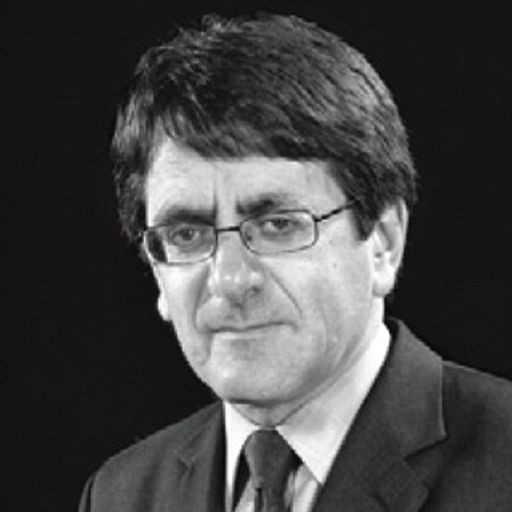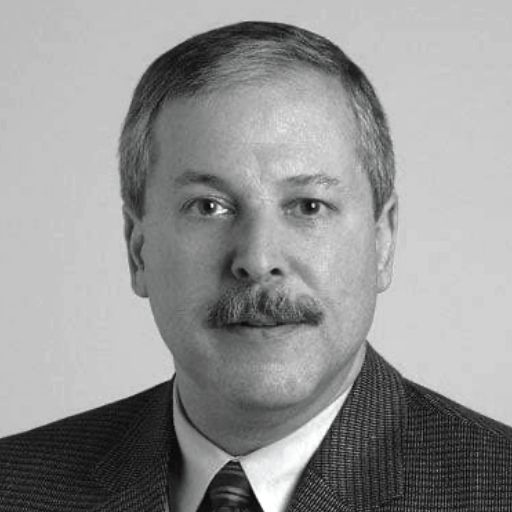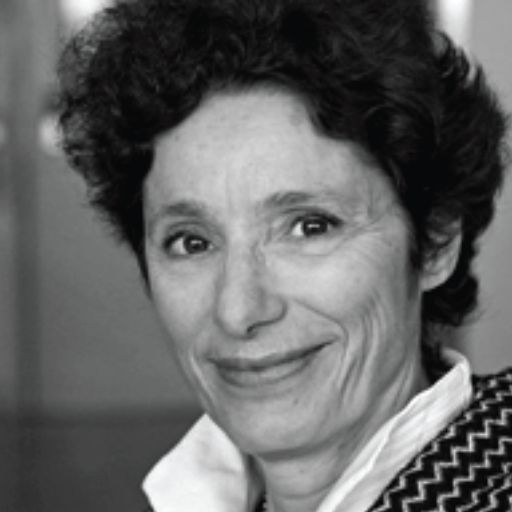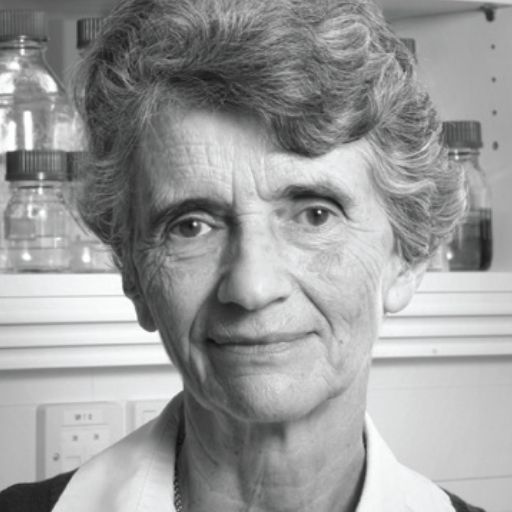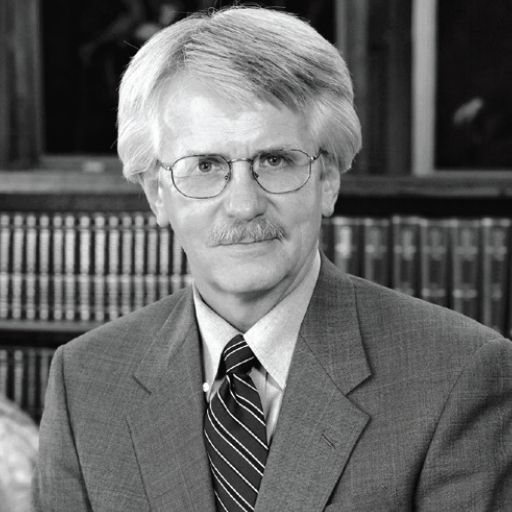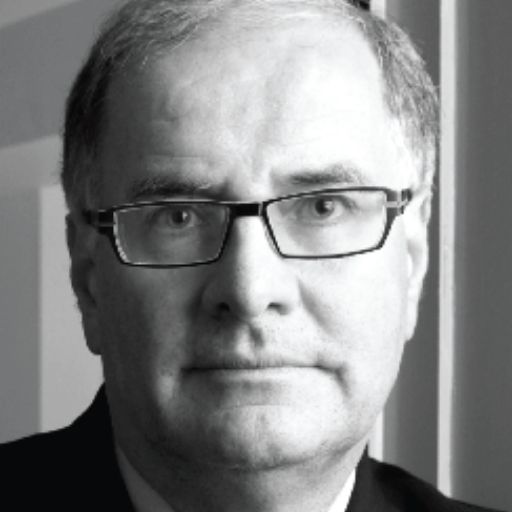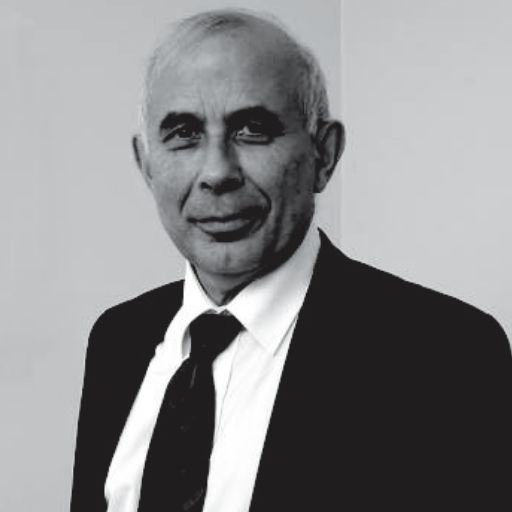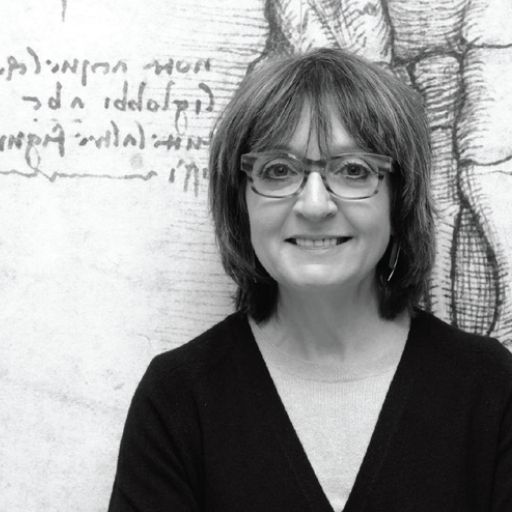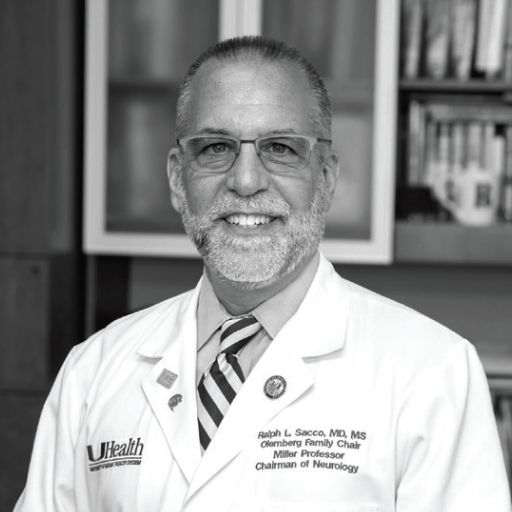2012

Year 32
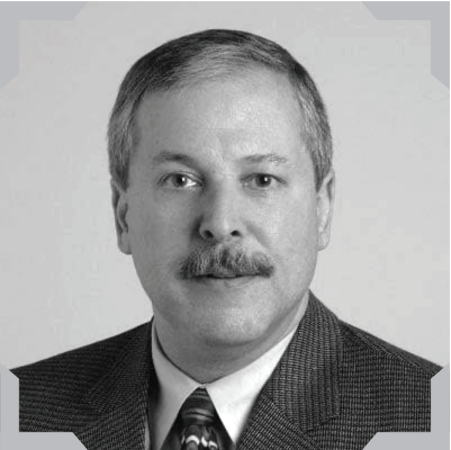
Prof. Richard A. Rudick
Hazel Prior Hostetler Chair of Neurology
Cleveland Clinic, USA
THEME: MEETING THE CHALLENGE OF MULTIPLE SCLEROSIS - THE ROAD AHEAD
The disease is heterogenous and severity can vary from person to person, 20-30% of patients will have mild
MS and will never be disabled, while another section of 20-30% patients will have severe MS, which will lead
to chronic disability. So far, none of the biological or genetic studies have explained the variability in the
disease severity. While the lack of diagnostic tests and the non-specific nature of early-stage symptoms make
MS a conundrum, neurologists are on much firmer ground when it comes to identifying environmental
triggers for MS such as low vitamin D levels, a history of Epstein-Barr virus (EBV) infection and smoking while
the important unknowns include lifestyle, diet and stress.
Modern medicine stands somewhere half way in its race for a cure for MS and in the next couple of years we could see a larger choice of drugs and advances in personalized medicine. Current treatment goals should be directed toward “Disease Activity-Free Model” which means no relapses and no MRI disease activity, prescribing disease-modifying drugs in the early stage with regular follow-up, escalating therapy if the patient is not disease activity-free.
Modern medicine stands somewhere half way in its race for a cure for MS and in the next couple of years we could see a larger choice of drugs and advances in personalized medicine. Current treatment goals should be directed toward “Disease Activity-Free Model” which means no relapses and no MRI disease activity, prescribing disease-modifying drugs in the early stage with regular follow-up, escalating therapy if the patient is not disease activity-free.

